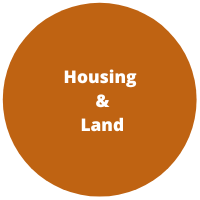While there has been a growing utilization of Henri Lefebvre’s concept of the ‘right to the city’, not much has been said about the legal implications of such a concept. This article discusses the main aspects of the legal construction of the ‘right to the city’ in Brazil. Following a discussion of Lefebvre’s contribution to the debate on urban politics, the article analyses the role played by the legal order in the determination of the exclusionary pattern of urban development in Brazil, as well as the role a redefined legal order can have in the processes of urban reform, socio-spatial inclusion, and sustainable development. Emphasis is placed on the main dimensions of the 2001 City Statute, the legal framework governing urban development and management, which recognized the ‘right to the city’ as a collective right, followed by an introduction to the proposed ‘World Charter of the Right to the City’. As a conclusion, it is argued that, while a great deal has already been done to promote the materialization of the ‘right to the city’ in Brazil, there are still serious obstacles to be overcome, and renewed socio-political mobilization is required for the new legal-urban order to be fully implemented.
Davinder Lamba Appointed Interim Chair of Kenya Human Rights Commission
Kenya Human Rights Commission (KHRC) is a premier Non-Governmental Organization (NGO) established in April 1992 with a mandate of enhancing human rights-centred governance at all levels in the society. [...]


